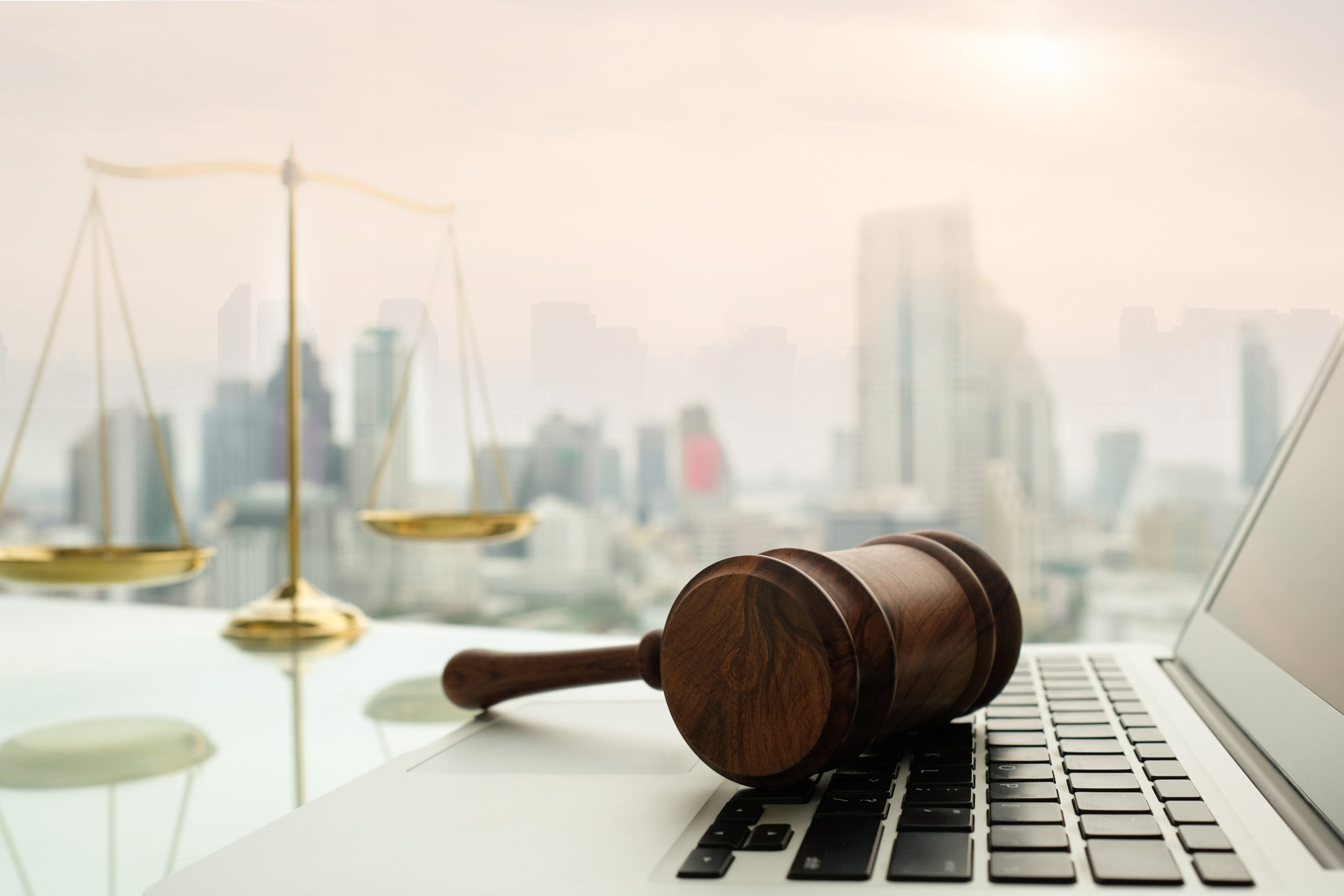What’s a Public Forum in the age of the Internet?
What’s a Public Forum in the age of the Internet?

The Public Forum Online Debate
Under the First Amendment, the public forum definition is described as a place that is open to all expression. Traditionally, places like parks, streets, and sidewalks are used to voice opinions without fear of repercussion from the government. Nowadays, you see almost anyone and everyone voicing their opinions on social media, and even though people treat social media like a public forum, it technically isn’t one… yet.
First Amendment and Social Media
You would think that because social media is used by the government to communicate to the public, it would already be considered a public forum, but it’s not. This is something that has been debated in recent years, even by the Supreme Court.
Companies like Facebook and Twitter are privately-owned which gives them the right to censor content if it violates their terms of service or community guidelines, although some may choose to censor content for the heck of it because, ultimately, they get to decide. However, as social media continues to grow, it has become much harder for these companies to effectively monitor content like hate speech and harassment, and those affected won’t let them forget it.
In fact, public outcry for Facebook to better control content may have caused Mark Zuckerberg to ask the government for a more active role in protecting society from the power of Facebook. According to CNBC, Zuckerberg, CEO of Facebook, suggested new regulations that will protect users from harmful content and ensure election integrity, among other things.
So now, it’s out in the open. Zuckerberg can’t control the monster he created, but how does he think the government can? Currently, Facebook is working with governments in other countries in order to ensure its systems to review content are working properly, according to CNBC.
First Amendment and Hate Speech
If the government were to play a more active role in censoring content on social media, wouldn’t this violate the First Amendment of the constitution that offers protection against government censorship? In a way yes, and in another way, no.
Most of the content social media censors falls under three types of speech; hate, obscenity, and harassment.
There are numerous First Amendment protections, including the protection of hate speech from censorship unless it is likely to incite violence or lawless action. Social media platforms on the other hand, have similar but different policies when it comes to managing hate speech. Facebook’s hate speech policy aligns a little closer to the First Amendment than others like Snapchat, who is harsher on censoring hate speech.
The First Amendment also protects pornography unless it is obscene. However, for the most part, social media platforms censor this type of content.
Lastly, the First Amendment does not protect true threats from government censorship. However, some anti-bullying laws have been found to violate the First Amendment right and have consequently been struck down, according to the Freedom Forum Institute. Snapchat, on the other hand, has zero-tolerance for bullying or harassment of any kind, according to their community guidelines.
Even though the many different policies that social media platforms use to monitor this type of content have good intentions, they still don’t quite mirror that of the First Amendment. It’s rightfully so though because, again, these companies are privately owned.
Should Social Media Follow Public Forum Rules?
With this in mind, would social media ever truly be considered a public forum? And if it was, would it need to change its policies? See, Free Speech vs. Government Censorship. Would users still be able to block other users? Would naked pictures be allowed to run rampant through our news feeds? Or (in a completely different direction) would the First Amendment need to change?
It’s hard to imagine that ever happening, but at the same time, do you think the founding fathers ever considered such a powerful communication tool to be introduced? Probably not.
For now, if you want to express how you REALLY feel, take your thoughts to public parks and the streets. At least there you won’t be blocked by the haters or open yourself up to a potential online defamation lawsuit.
Ready to Contact a First Amendment Lawyer or Defamation Lawyer?
If you need guidance on Internet defamation, cyberbullying, or free speech issues on social media, contact the attorneys at RM Warner Law or visit our location to learn more.
Similar like this
You also might be interested in
What Cyber Harassment Means in Arizona
Cyber harassment in Arizona includes hostile online messages and coordinated [...]
Understanding Anonymous Defamation: How It Happens Online
Anonymous defamation occurs when false statements are made about a [...]
Why Influencer Lawsuits Are on the Rise: And What It Means for the Industry
The influencer marketing industry has grown significantly over the past [...]
How to Remove Defamatory Content from the Internet: Legal Options Explained
In today’s digital world, defamatory content can spread quickly online, [...]





